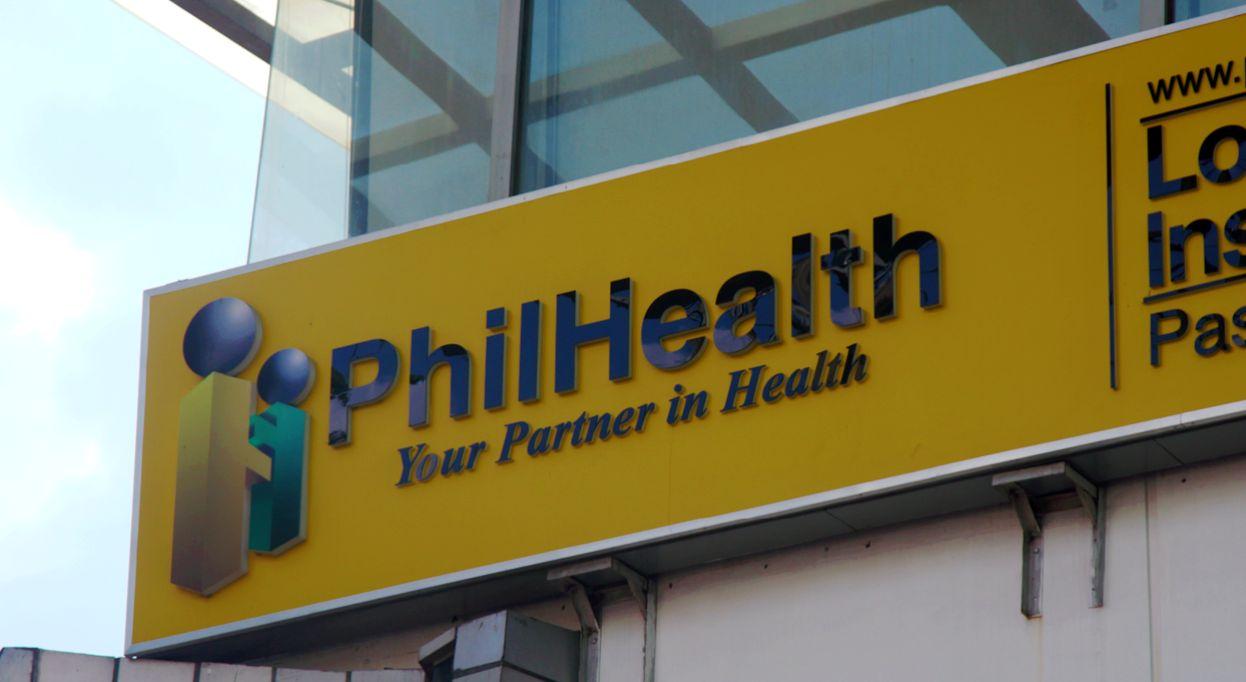Despite legal and financial mechanisms, a healthcare expert has warned that unstable and unpredictable financing continues to obstruct the full implementation of universal healthcare (UHC) in the Philippines.
During Supreme Court oral arguments on petitions regarding the transfer of unused Philippine Health Insurance Corp. (PhilHealth) funds, Dr. Beverly Ho outlined the persistent financial challenges preventing the realization of UHC.
She emphasized that UHC aims to ensure Filipinos receive healthcare without financial barriers. However, the system remains fragile due to funding uncertainties and reliance on annual budget allocations.
“When health or benefit coverage is uncertain, patients may be left to fend for themselves depending on their illness,” Ho said, speaking as an "amicus curiae" before the Supreme Court on February 4.
She further explained that when an insurer’s funding is determined on an annual basis, it tends to take a conservative approach to expanding benefits.
According to Ho, PhilHealth has made strides over the past 25 years in providing incremental healthcare improvements.
Patients still pay
Currently, PhilHealth covers only about 40 percent of total hospital bills for inpatient care.
Additionally, out of the agency’s 9,000 case rate packages, only 17 have been upgraded to comprehensive "Z benefits," which provide full coverage from diagnosis to treatment.
“These are the most generously covered, but for the majority of case rate packages, significant out-of-pocket payments are still required from patients,” she noted.
PhilHealth’s Z Benefits package provides critical support for patients with cancer and other severe illnesses.
Short-term benefits
Following the enactment of the UHC Act, PhilHealth experienced a surge in premium collections, leading to expanded benefits from 2023 through early 2025.
However, Ho cautioned that without a long-term financial commitment, these advancements could be short-lived.
“If we want to make universal healthcare a reality, PhilHealth must maximize the financial cushion available to accelerate the expansion of benefits,” she urged.
She stressed that while benefit expansion is a priority, it requires careful resource allocation and the development of technical expertise within PhilHealth to sustain and update healthcare coverage systematically
SC arguments
Ho is among the amici curiae invited to assist the Supreme Court in deliberating on the case, alongside IBON Foundation Executive Director Sonny Africa and Institute for Leadership, Empowerment, and Democracy Executive Director Zy-za Suzara.
The petitions before the Supreme Court challenge the legality of transferring P89.9 billion in PhilHealth reserve funds to the national treasury.
Key issues include whether the transfer—executed through a Department of Finance circular—is constitutional and whether Congress can increase unprogrammed appropriations beyond what was originally proposed in the National Expenditure Program.
During the February 4 session, petitioners, intervenors, and respondents presented their opening arguments, followed by interpellation from Associate Justice Amy Lazaro-Javier.
The Supreme Court will resume oral arguments on February 25 at 2:00 p.m.
On October 29, 2024, the Supreme Court issued a temporary restraining order (TRO) blocking the transfer of the remaining P29.9 billion in unused PhilHealth funds.
Earlier, P20 billion was transferred on May 10, 2024, followed by P10 billion on August 21, 2024, and another P30 billion on October 16, 2024.
With ongoing legal proceedings, the future of PhilHealth’s financial stability and the full realization of universal healthcare remains uncertain.
#WeTakeAStand #OpinYon #OpinYonNews #Philhealth #UHC #HealthFunds

